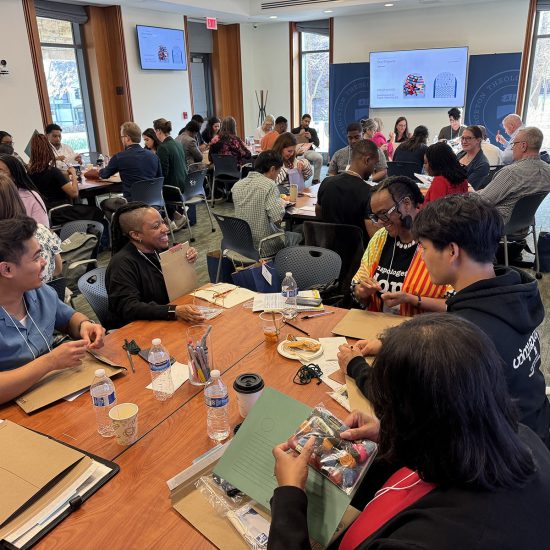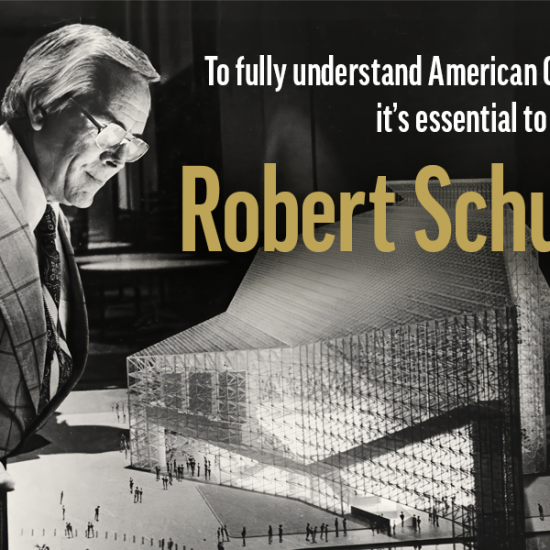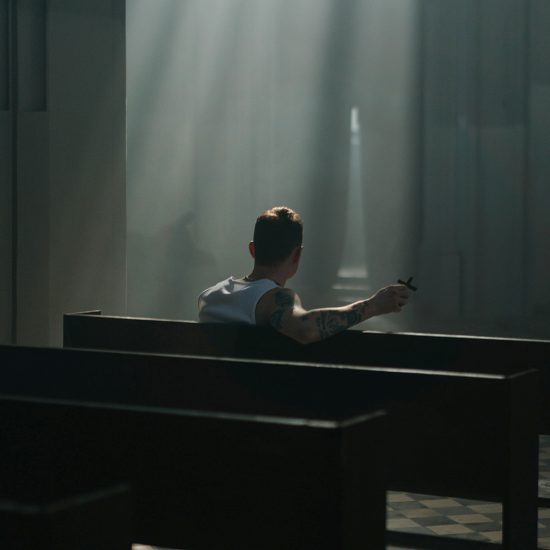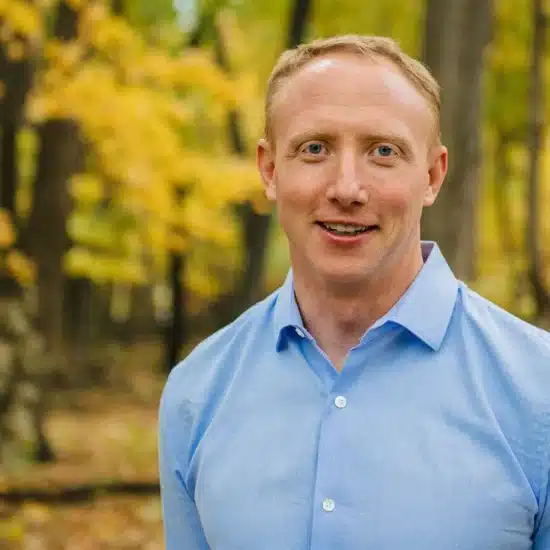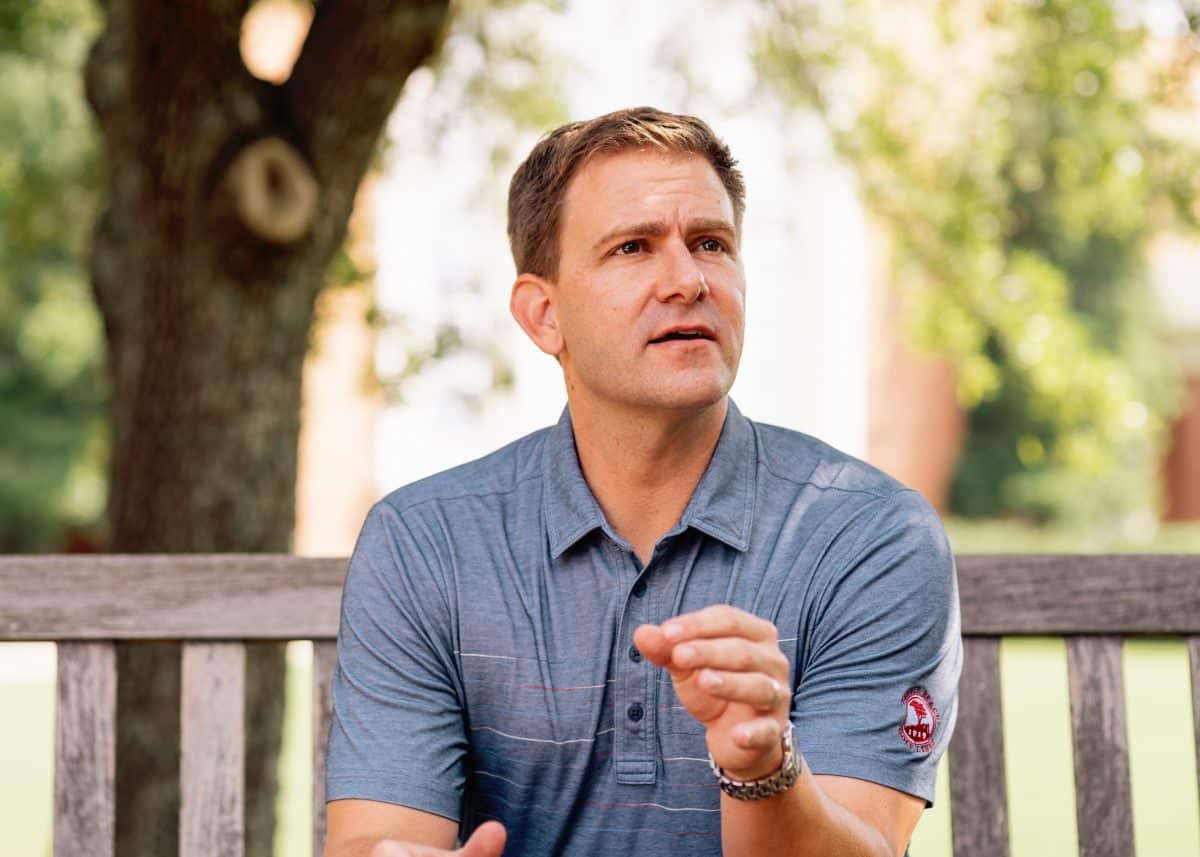
Pastors have broad job descriptions. They are preachers, teachers, counselors, administrators, organizers, and so much more. Many church members rarely interact with their pastors outside of Sunday morning worship, making it difficult to understand the dynamics of this role. “Behind the Pulpit” is a regular feature intended to pull back the curtain on the minister’s life and introduce our readers to how a diverse set of leaders go about shepherding their flocks.
This installment features an interview conducted by email with Will Dyer, the senior pastor of First Baptist Church in Augusta, Georgia. He has been in that role since 2017. His responses have been lightly edited for clarity.
What didn’t you learn in seminary that you needed to know for church leadership?
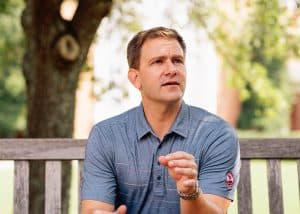
Will Dyer
Dealing with church budgets and business is, in fact, sacred work. At my seminary, I learned how to preach, exegete texts, and think deeply about the state of our souls. It was beautiful work. I loved every second of it.
When I started working in the church, I struggled with budgets and business for a couple of reasons. On the one hand, I did not understand how much of it worked. I was constantly nervous that I was going to mess it up! Couple that with the fact that I really did not like committee meetings and you had a recipe for trouble. Thankfully, I was able to spend five years as the associate pastor of a large church. It was in that setting where I was able to see that God is at work, yes, even in our budgets and financials.
How has your personal understanding of God changed by serving the local church?
Psalm 103:8 says it best, “The Lord is merciful and gracious, slow to anger and abounding in steadfast love.” God created us in the Divine Image. God looked at humanity and said, “It is good.” I love what Richard Rohr says about the creation story. That before there was “original sin” there was “original blessing.” My experience of church has proven that to be true. People are fundamentally good because God is good! Time and time again, when I have messed something up, I have been able to lean on the kindness of my people. Of course, there are exceptions to this rule but my experience has been that people are gracious and kind because God is kind. I know this at a deep level because I have experienced this truth in my life.
How has your personal religious/devotional practices been shaped and altered by being the shepherd of a flock?
I have learned to listen more than I speak, both in my conversations with God and with other people. I have often found that when people come into my office they are not necessarily looking for someone to answer their questions. Instead, people are looking for someone to listen to what is happening in their lives. My inclination as a human being is to try and fix everything and being a pastor has taught me that, often, people are simply looking for presence from another human being.
Transferring that to my own devotional life, I have begun to experience prayer as so much more than simply telling God what I want. Now my experience is simply sitting in the quiet, understanding that the Presence has been there all the while.
What does justice look like in your local context? How about love? How do you lead people towards both?
I can’t remember who I was reading a few weeks ago, but they were talking about this very subject. His fear was that culturally we have this incredible desire for justice, but we are lacking any semblance of love and grace. Unfortunately, this dichotomy leaves us in an even further polarized world. I see the same principles at work in the church.
How do I deal with this as a pastor? My goodness what a question! My answer, while probably not the most compelling, is that I lead them very slowly and patiently. We take two steps forward and one step back. For example, it is one thing to show how we as followers of Jesus are called to fight against systemic racism. It is an entirely different thing to get people to see racism in their own hearts and actions. Leading with love and generosity is a much better approach than simply pointing out where people are wrong, in my experience.
What is the funniest or oddest thing that’s ever happened to you in ministry (that you can share without breaking confidentiality)?
There are still multiple times in a month where I am in shock that I get paid to tell people about Jesus. Most of my friends are working in jobs where they are uber successful but far too often miserable. It is mind-blowing to me that this calling not only puts bread on my table, it gives me joy almost every single day. In a very practical sense of day-to-day work, there are way too many stories that would fit in the odd category for me to share in a little blurb.
We’re coming out of a pandemic, how has that been for you and your church?
The last few weeks at FBC Augusta have been glorious! As it appears to be the case that we are emerging of the other side of the pandemic, many of our people are getting back into rhythms of life that existed prior to the March of 2020. Every Sunday I see people that I have not seen in over a year. I cannot even begin to describe how wonderful it is to see someone’s face after such a long time away! Each week has been a reminder of how much I missed my people!
Our experience of the pandemic at First Baptist Augusta was as positive as I believe it could have been for any church. We were well positioned to continue worship in creative digital formats. Our small groups were already accustomed to functioning as churches within the church, so they were in constant communication with each other when things were at their worst.
What gives you hope in the church today for what the church will be tomorrow?
I think it is safe to say that we are certainly living in what Charles Taylor refers to as “a secular age.” Even in Augusta, Georgia, cultural Christianity is quickly becoming a relic of the past. While many people mourn its death, I tend to take the opposite viewpoint. It is no longer expected that someone will be part of a church, either in name or actual practice. There is no longer a utilitarian function from a business perspective, and as a result, many people have chosen to do brunch and utter cliché phrases, i.e. “I am spiritual but not religious.”
For the church, I see this as an incredible opportunity to refocus and reframe what it means to genuinely follow Jesus in 21st century America. This is a unique moment where we have the ability to reclaim our status as “resident aliens,” to use language from Peter (and Stanley Hauerwas). As culture continues to fracture and polarize, the church has this incredible chance to offer a different way forward, a way that is filled with kindness, grace, and gospel. For that fact, I am hopeful!

